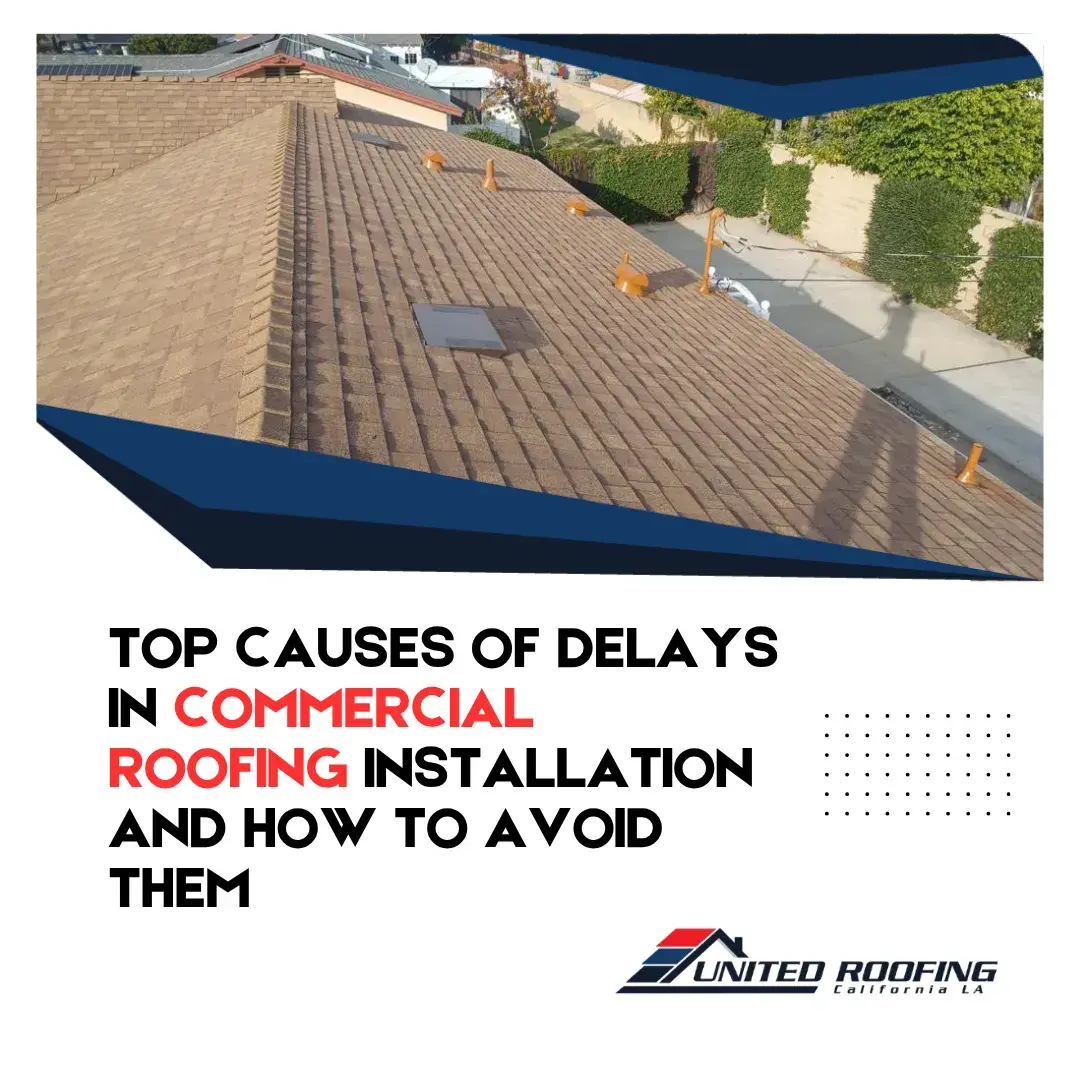Planning a commercial roofing project involves more than choosing materials and scheduling a crew. Unforeseen delays can disrupt your timeline and operations, especially in large-scale installations. Knowing what commonly slows down Commercial Roofing projects—and how to prepare for them—can save you time, resources, and stress. Whether you’re upgrading an aging system or installing a new one, being proactive helps keep the job moving forward.
Weather Disruptions and Seasonal Timing
One of the most unpredictable causes of delay is weather. Rain, high winds, and extreme temperatures can all halt progress or prevent safe working conditions. Even when the forecast looks clear, sudden changes can push timelines back. Planning your Commercial Roofing installation during milder seasons and building flexibility into your schedule can minimize weather-related impacts. Contractors with local experience are also better equipped to navigate these disruptions with contingency plans.
Permitting and Inspection Requirements
Permitting can vary widely by municipality and may involve zoning reviews, historical preservation approvals, or specific energy code compliance. Delays often arise from incomplete applications or slow municipal processing. Additionally, required inspections throughout the project can pause work until approval is granted. Working with a roofing provider that understands your local building regulations can help streamline this process, avoiding unnecessary back-and-forth and keeping your project on track.
Material Shortages or Late Deliveries
Recent supply chain challenges have made material availability a common bottleneck. Specialty products, energy-efficient materials, or custom components may require longer lead times than expected. When materials don’t arrive on schedule, the entire installation may stall. To prevent this, your contractor should confirm delivery dates early and maintain strong supplier relationships. In some cases, considering alternative materials with similar performance ratings can also keep the project moving without compromising quality.
Scope Changes and Site Readiness Issues
Unplanned changes to the project’s scope—such as discovering structural damage during tear-off—can create delays and increase costs. In other cases, inadequate site preparation, restricted access, or coordination problems with other contractors on-site can lead to avoidable setbacks. A comprehensive site evaluation before the start of work helps anticipate challenges. Clear communication between all parties ensures everyone understands timelines, access requirements, and the importance of staying aligned throughout the job.
Learn More
How Weather Affects Commercial Roofing Installation and What to Do About It

